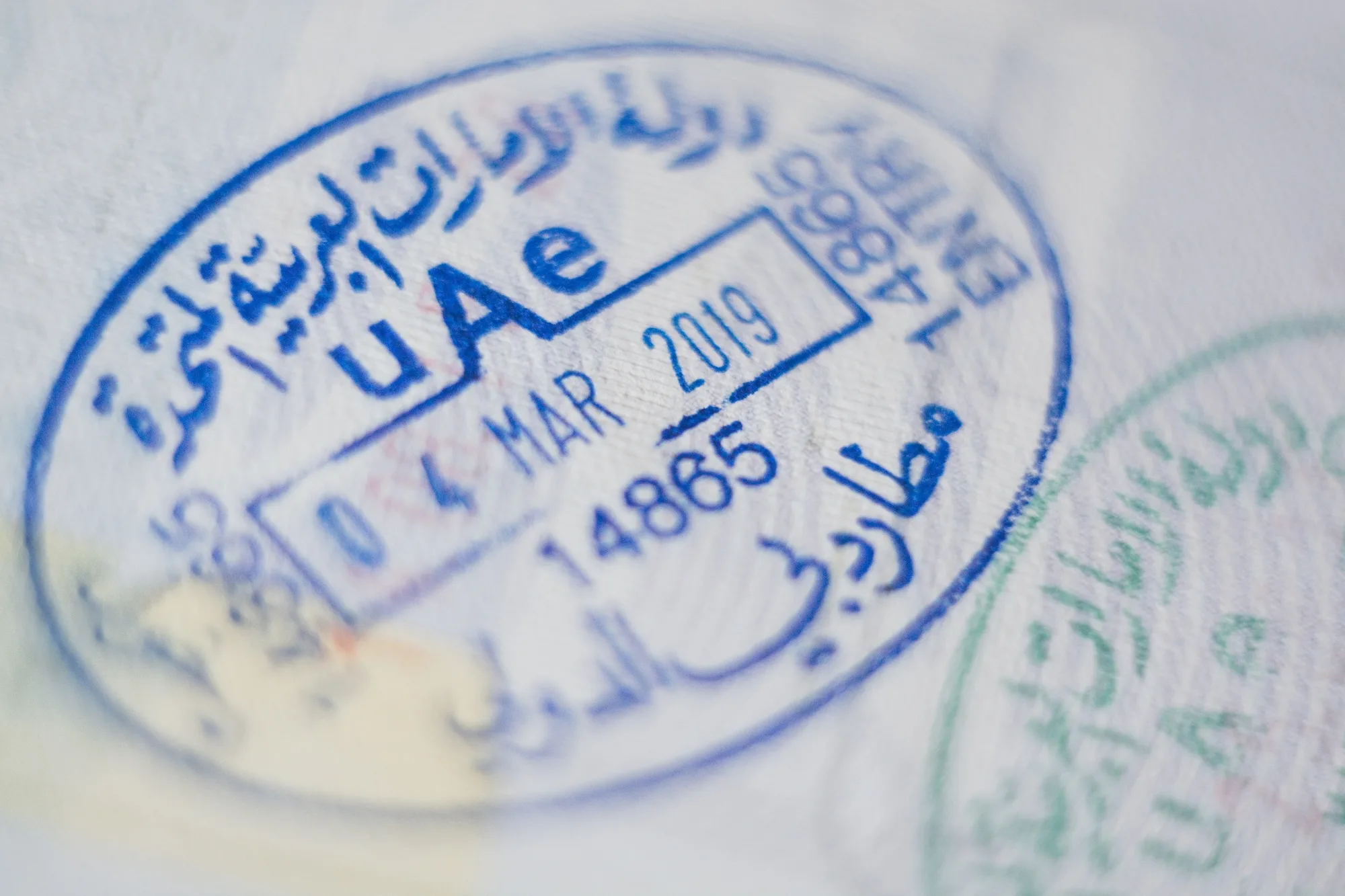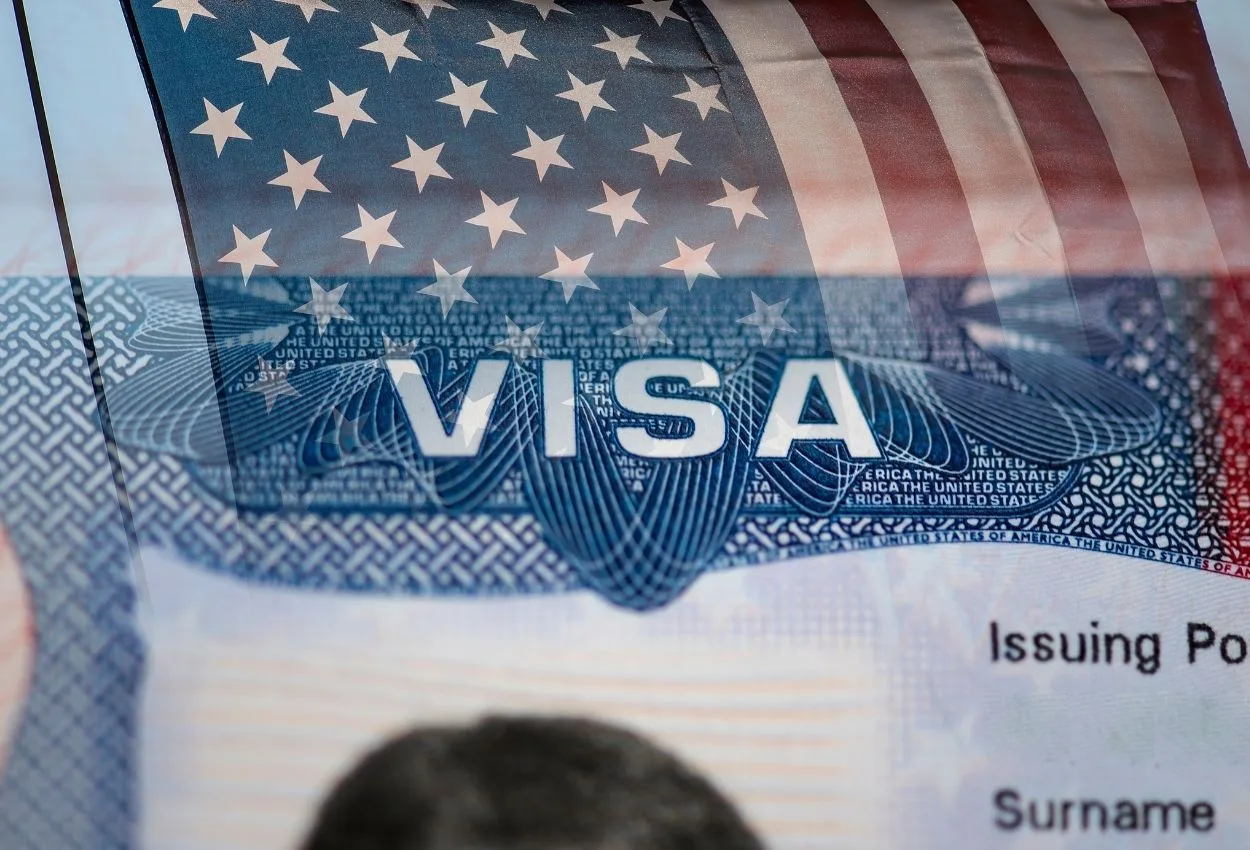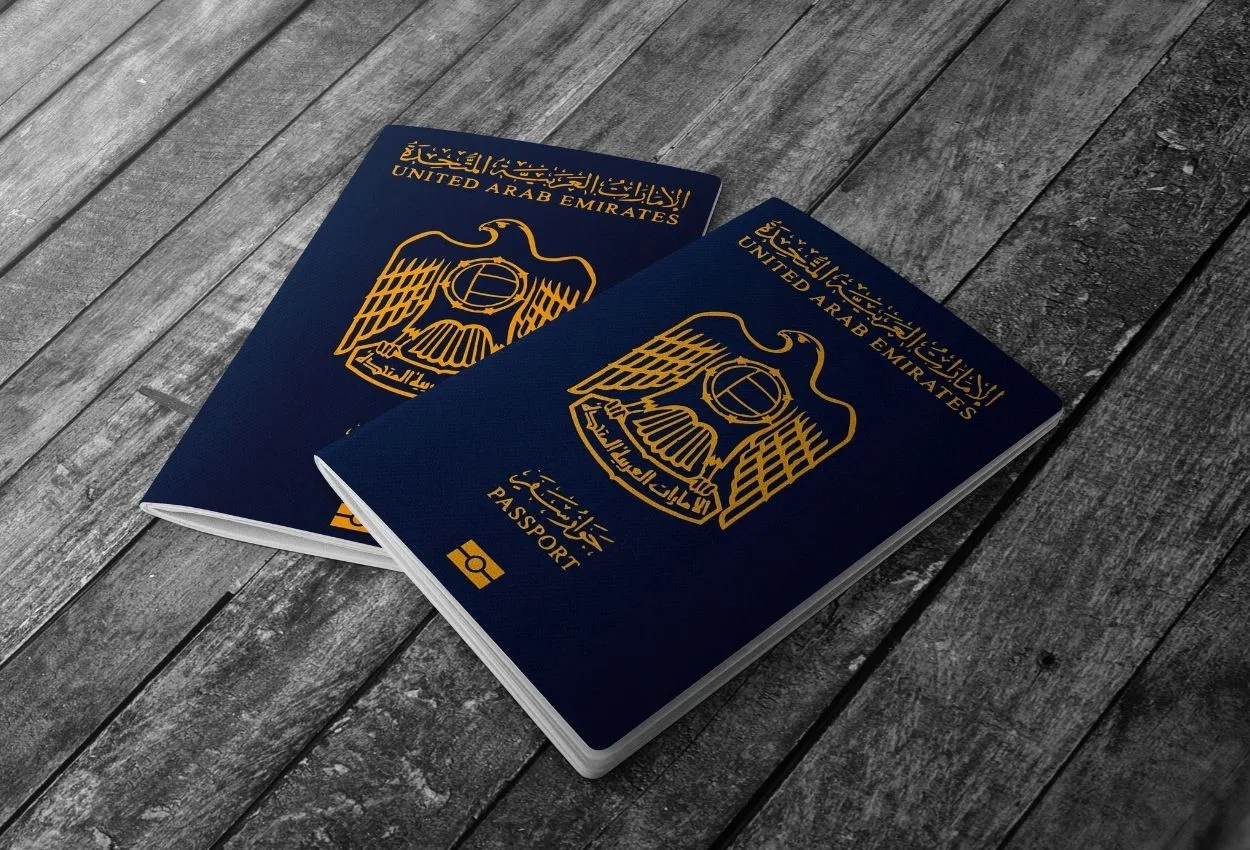Abu Dhabi, the capital of the UAE, welcomes millions of travelers each year. Whether you’re here for culture, business, or leisure, understanding the tourist visa system is key to planning your trip smoothly. The UAE offers different visa categories depending on nationality, duration, and purpose of visit.
1. Visa-Free Entry
Who qualifies: Citizens of GCC countries (Saudi Arabia, Kuwait, Bahrain, Oman, Qatar) do not need a visa to enter the UAE and can use national ID cards to travel freely. Several European, Asian, and South American nationalities (including the UK, EU Schengen states, Russia, Brazil, Argentina, Japan, South Korea, and New Zealand) also enjoy visa-free short stays, usually valid for 30 to 90 days.
Duration: Typically 90 days within a 180-day period, depending on nationality.
2. Visa on Arrival
Who qualifies: Nationals from countries such as the United States, Canada, Australia, China, Malaysia, Singapore, and most European states.
Process: Present your passport (valid for at least six months) at immigration. You’ll receive a stamped visa valid for 30 days, extendable for an additional 30 days by visiting a UAE immigration office or service center.
3. Pre-Arranged Tourist Visas
Who requires one: Citizens of countries not eligible for visa-free entry or visa on arrival (for example, many African and some Asian countries).
How to apply: Through UAE airlines (Emirates, Etihad, Flydubai, Air Arabia), hotels, travel agencies, or a UAE-based sponsor. Required documents include a valid passport, passport-size photo, confirmed return ticket, and proof of accommodation.
Validity: Options include a 30-day visa, 90-day visa, or multiple-entry visa (valid for six months, with up to 30 days per entry).
4. eVisa and Online Applications
Most applications can be made online. eVisas are emailed as PDFs after approval and must be printed (though some airports accept digital copies). Processing times usually range from 3 to 7 working days.
5. Special Cases
Indian Nationals: Eligible for visa on arrival if holding valid U.S., U.K., or EU visas/residency permits. Otherwise, must apply in advance.
GCC Residents (non-citizens): Can apply for a GCC resident eVisa online before travel, provided their profession qualifies.
Children and Dependents: Minors must travel with parents/guardians; additional documentation may be required for unaccompanied minors.
6. Fees and Extensions
- 30-day tourist visa: ~300–400 AED
- 90-day tourist visa: ~700–900 AED
- Visa extension: ~500–700 AED (extensions allowed twice, each for 30 days)
7. Overstays and Penalties
Overstaying a UAE visa results in fines of about 50–100 AED per day, plus possible service fees. Travelers should extend or exit before expiry to avoid penalties and complications for future visits.
8. Tips for Travelers
- Apply early and double-check all details against your passport.
- Carry a printed copy of your eVisa and itinerary.
- Check for last-minute updates before travel.
- Respect entry conditions (e.g., GCC visas and Abu Dhabi tourist visas are not interchangeable with certain regional rules).




